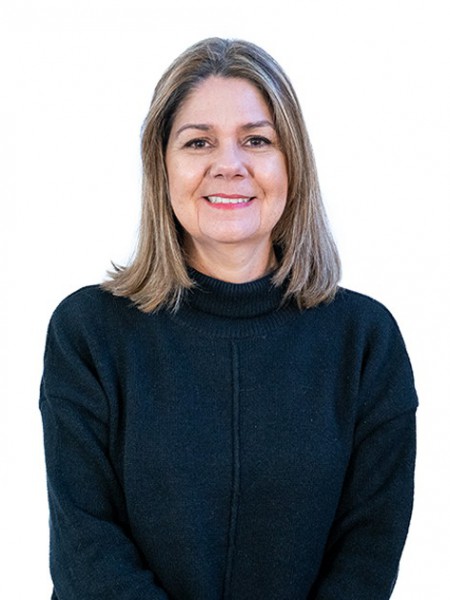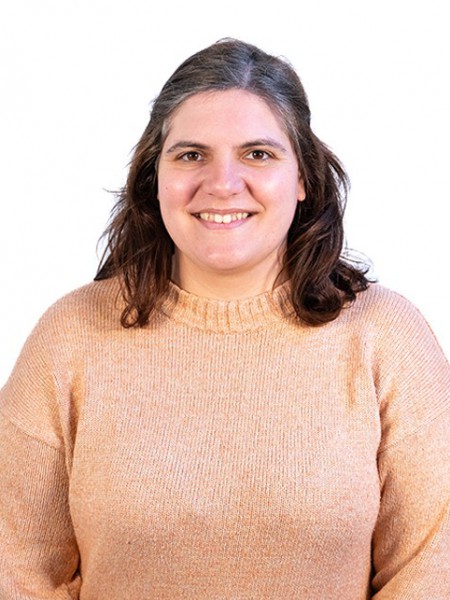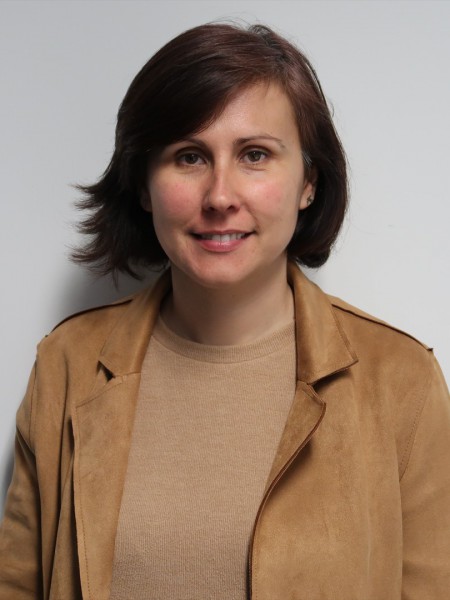resumo
Immunoglobulin Y (IgY) represents an important class of antibodies, being present in egg yolk, with relevant medical applications and involving non-invasive methods of extraction. However, due to the complexity of egg yolk, the purification levels required for use in most medical applications demands the application of multi-step and cost-intensive techniques. Therefore, it is of upmost importance to develop a biocompatible and costeffective downstream process to purify IgY from egg yolk. In this work, IgY was purified from the egg yolk water-soluble protein fraction (WSPF) by the application of thermoresponsive aqueous micellar two-phase systems (AMTPS) composed of the non-ionic surfactant Triton X-114 and surface-active ionic liquids (SAILs) as cosurfactants. The best thermoresponsive systems allowed, in a single step, to recover IgY in the surfactant-poor phase with a purity level of 69%, and up to 73% if consecutive extraction cycles are performed, while maintaining the structural integrity of the antibodies. Considering these results, a downstream process was designed and proposed, consisting of four main steps: (i) recovery of the WSPF; (ii) purification of IgY by applying AMTPS; (iii) isolation of the IgY from the main solvents using an ultrafiltration step; (iv) recycling of the AMTPS phaseforming components by precipitating the contaminant proteins.
palavras-chave
TRITON X-114; CHICKEN; EXTRACTION; ANTIBODIES; THERAPIES; IGY; AGGREGATION; SURFACTANTS; SEPARATION; PROTEINS
categoria
Engineering
autores
Vicente, FA; Castro, LS; Mondal, D; Coutinho, JAP; Tavares, APM; Ventura, SPM; Freire, MG
nossos autores
Grupos
G4 - Materiais Renováveis e Economia Circular
G5 - Materiais Biomiméticos, Biológicos e Vivos
Projectos
CICECO - Aveiro Institute of Materials (UIDB/50011/2020)
CICECO - Aveiro Institute of Materials (UIDP/50011/2020)
Towards the use of IgY antibodies as alternative therapeutics (PureIgY)
agradecimentos
This work was developed within the scope of the project CICECOAveiro Institute of Materials, UIDB/50011/2020 & UIDP/50011/2020, financed by national funds through the Portuguese Foundation for Science and Technology/MCTES. F.A. Vicente and L.S. Castro thank FCT for the doctoral grants SFRH/BD/101683/2014 and 2020/05090/BD, respectively. A.P.M. Tavares acknowledges FCT for the research contract CEECIND/2020/01867. This project has received funding from the European Research Council (ERC) under the European Union's Horizon 2020 research and innovation program (grant agreement No 899921).








